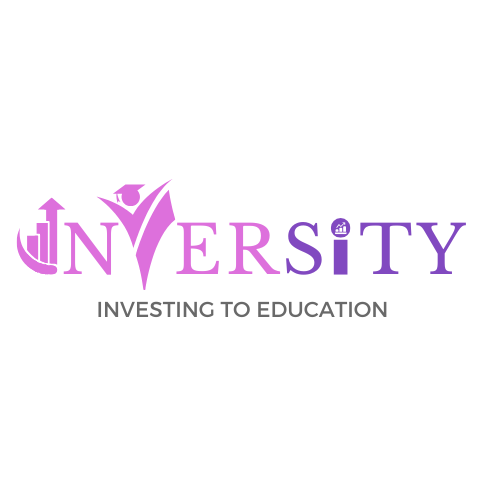Education is the foundation of progress, but as the world evolves, so too must the ways we teach and learn. The 21st century presents unprecedented challenges and opportunities, demanding a shift in how we approach education.
Education is the foundation of progress, but as the world evolves, so too must the ways we teach and learn. The 21st century presents unprecedented challenges and opportunities, demanding a shift in how we approach education. Let’s dive into the key transformations shaping modern education and how they prepare us for an unpredictable future.
The Need for 21st-Century Skills
In the past, education was largely about memorization and repetition. Today, the focus has shifted to skills that help individuals thrive in a complex, interconnected world:
- Critical Thinking: The ability to analyze problems and evaluate solutions.
- Collaboration: Working effectively with diverse teams across cultures and time zones.
- Digital Literacy: Navigating and utilizing digital tools responsibly and effectively.
- Adaptability: Embracing change and learning continuously in response to new challenges.
Traditional education systems must evolve to emphasize these skills alongside core academic knowledge.
Technology as a Game-Changer
The integration of technology in education has been transformative:
- E-Learning Platforms: Accessible and affordable education is now available through online courses and virtual classrooms.
- Artificial Intelligence: Personalized learning paths powered by AI ensure that students progress at their own pace.
- Immersive Experiences: Virtual and augmented reality bring subjects like history and science to life.
While technology is a powerful enabler, ensuring equitable access remains a challenge that needs urgent attention.
Embracing Lifelong Learning
In the 21st century, learning doesn’t end with graduation. Lifelong learning is essential for staying relevant in a world where industries and technologies are constantly evolving.
- Microlearning: Bite-sized lessons make it easier to acquire new skills on the go.
- Professional Upskilling: Short-term courses and certifications help individuals adapt to changing job requirements.
- Community Learning: Collaborative spaces, both physical and virtual, foster shared knowledge and innovation.
Education must instill a mindset of curiosity and continuous improvement from an early age.
Education for Global Citizenship
As our world becomes more interconnected, education must go beyond local contexts to address global challenges. Key aspects of global education include:
- Sustainability Awareness: Teaching students about environmental responsibility and sustainable practices.
- Cultural Understanding: Promoting empathy and respect for diverse perspectives.
- Global Problem-Solving: Encouraging students to think about how they can contribute to solutions for issues like climate change and inequality.
The Role of Educators in the Modern Era
The role of educators has shifted from being the sole source of knowledge to facilitators of learning. Teachers today must:
- Inspire curiosity and creativity.
- Guide students in critical thinking and problem-solving.
- Leverage technology to enhance learning experiences.
- Create inclusive classrooms where every student feels valued.
Supporting educators with professional development and resources is vital for modern education systems.
Conclusion
Education in the 21st century is about more than academics; it’s about preparing individuals to navigate a dynamic and uncertain future. By embracing technology, fostering global citizenship, and encouraging lifelong learning, we can create a generation of adaptable, responsible, and innovative thinkers.
The future of education is being written today—let’s ensure it’s a story of inclusivity, opportunity, and progress.





